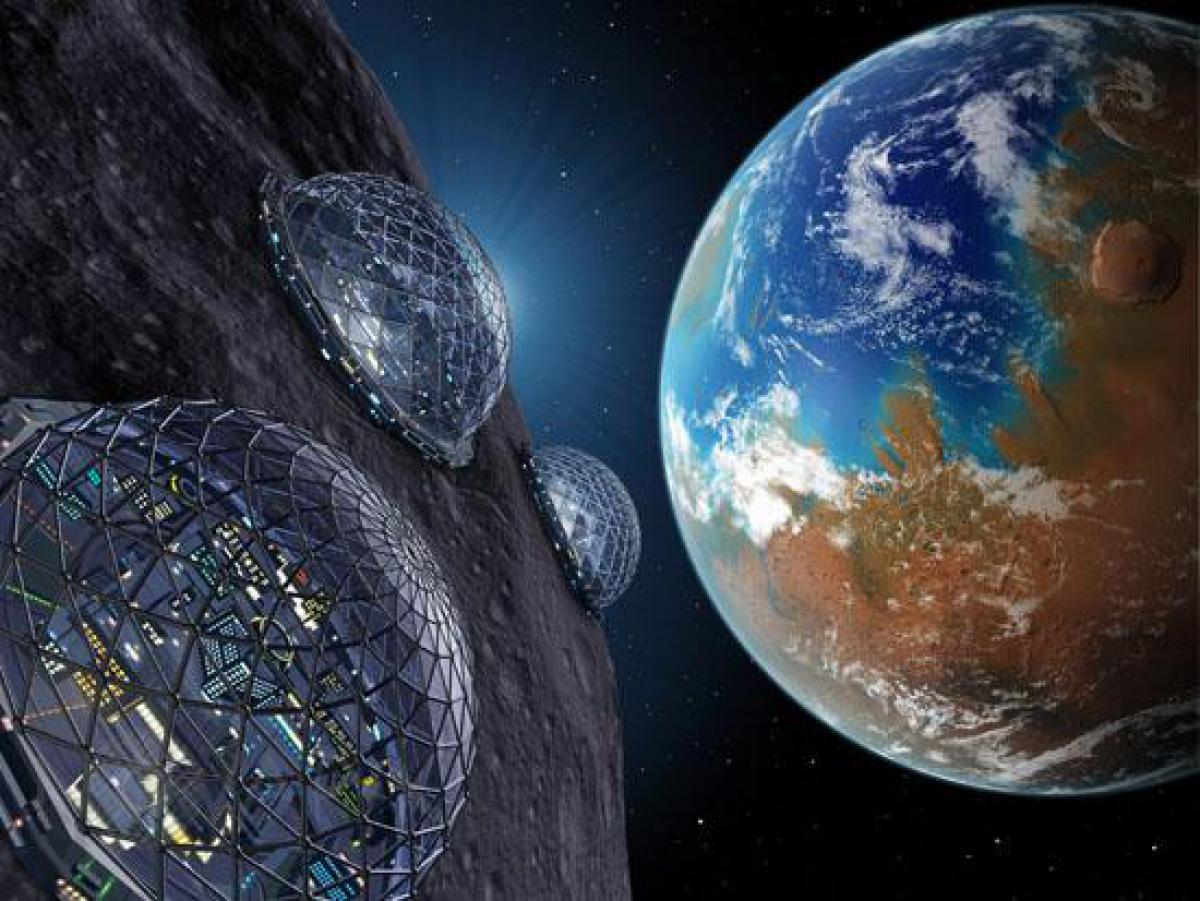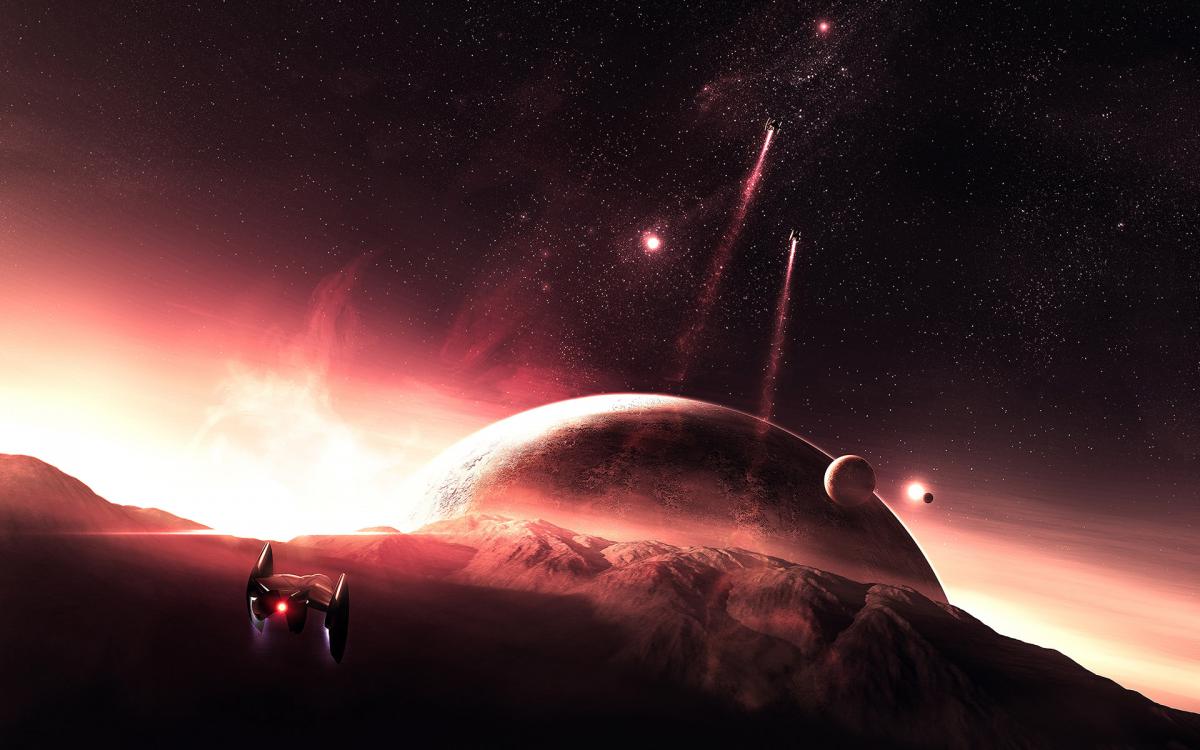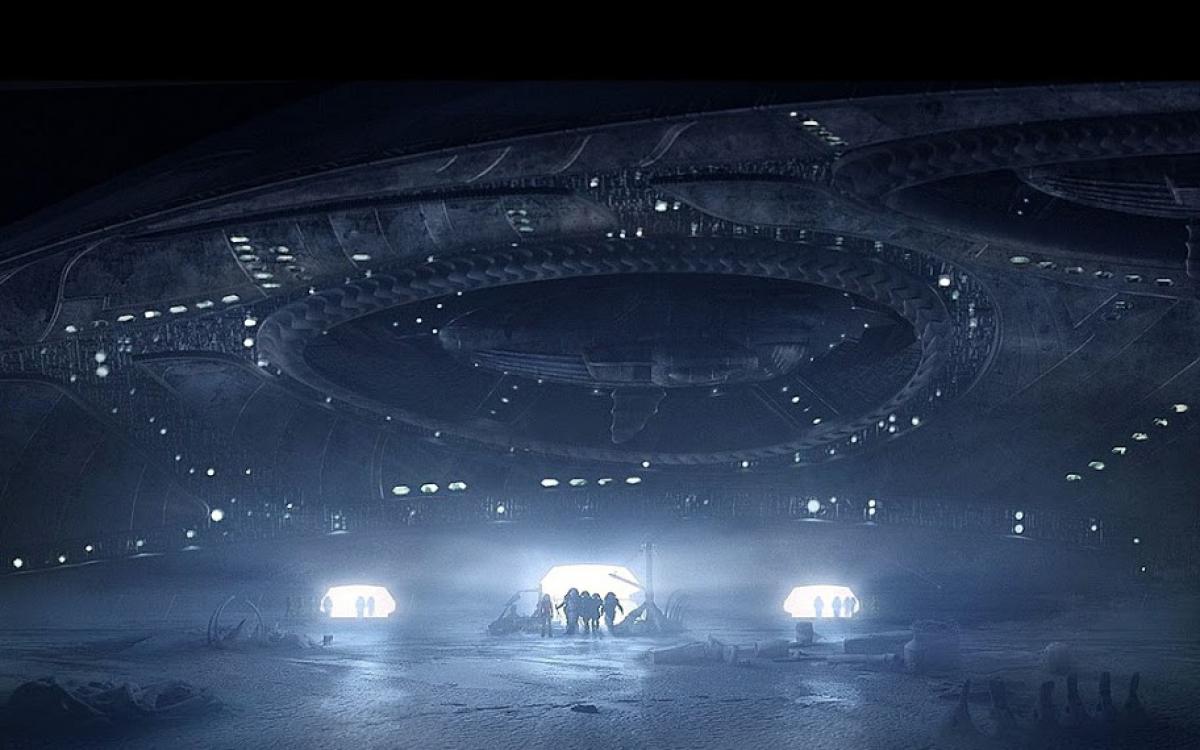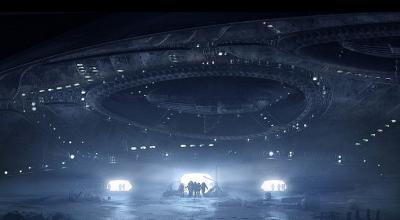We will always dream of the horizons beyond our own – it is the inborn nature of humanity to strive for things unknown. And it is not just about space or conquering new worlds – it is about discovery in every sphere of science and technology. But after we have achieved so much in the 20th century, do we not slow down at the beginning of the 21st? Here is a list of ten of the biggest dreams humanity has not yet fulfilled – and is not likely to in the foreseeable future.
10. Global Government
In many science fiction novels and movies the main condition for humanity to make the big leap forward is the adoption of global government and the unity of ideals, political goals and natural and human resources on a planetary level. While all this sounds very good one can hardly see how this dream can turn into reality. The petty jabs between the superpowers, the century-long antagonisms and cultural differences make such unification almost impossible. There are only two scenarios that may seem distantly plausible – one superpower to take over the whole world at a certain stage of history or the whole of mankind to be forced to unite in the face of a global apocalypse. Both cases are not exactly the type of fundament that suggests progress and prosperity.
9. Terraformation and space colonization
A few days ago the UN released a monitory report stating that we have already spared the resources that the Earth can produce for a year. This means that for the next four months and a half we will live on a lease, spending more of the resources we will so badly need in the future. Given the fact that the world economy is still growing, and so is the global population, there is no easy way to foresee a drop in the consumption of natural resources. The only way for humanity to continue expanding is to colonize new worlds and use their natural resources in turn. There is a huge problem though – most of the planets within our scope are utterly uninhabitable and it would take a titanic effort to accommodate them for living. Yet terraformation and space colonization should be among the top goals of humanity in the decades to come, or we might end up in a technological Dark Age.

8. Finding and Implementing New Sources of Energy
Closely related to the number 9 spot is another major goal for the scientific community – finding and implementing new sources of energy. While space colonization still sounds like a chapter from a science fiction novel, the urgency of the energy problem has forced growing number of institutions to pay closer attention and spend vast resources on solving it. Yet we are still making baby steps in this direction – hydrogen-fuelled cars are still considered a lavish extravagance and the renewable sources of energy (solar, wind, water, geothermal) still cover a negligible quota of the global consumption. One of the dreams of humanity has for a long time been the discovery of inexhaustible sources of energy – without the horrible dangers of the atom of course.
7. Teleportation
Most of you remember this repeating scene in the Star Trek movies and TV series – the buzzing sound, the ray of energy and light and boom – people and objects are transported a hundred miles away in a single second. I bet you have wondered at least once how cool would that be – no waiting in line at the airport, no traffic jams or security check-ups.
The problem here is purely biophysical. While we can to a certain level imagine transporting matter by energy, how would you regroup every single unit of every single cell of the human body in the precise original combination that is the peculiar person? Mathematicians and physicists have come up with the numbers – in order to eliminate any chance for error even the fastest supercomputer that we possess now would require billions of years to perform the task. And let’s not even get started about the energy consumption…
Simply put – teleportation cannot work, unless humanity comes up with a massive scientific breakthrough. It remains a nice dream, though.
6. Medical Evolution to Immortality
There it is, our never-ending desire to trick Death. Apart from the mind-boggling religious problems that immortality would cause, we have to really answer the question – do we want to live forever?
Humanity has greatly improved its living conditions throughout the 20th century and as a result the median life expectancy has increased substantially. We have also eliminated some endemic diseases and put other under much more efficient control. But we still have a lot to do – despite the world’s combined effort we still have not found a definitive cure for cancer, AIDS and we know very little about the most common degenerative diseases of the neurological system. Scientists want to convince us that the next medical breakthrough is round the corner, but while people die because of hunger and lack of running water immortality still looks like a long shot.
5. Superlight Speed
When Chuck Yeager became the first man to break the supersonic speed barrier on October 14, 1947 it was considered a technological feat for the ages. But it actually shows how deeply rooted we are to the scales of our own planet. Supersonic speed becomes completely irrelevant when compared to space distances. And if we really want to cut the umbilical cord with Earth we have to do a little better.
The problem again is simple physics. According to the General Theory of Relativity, created by Albert Einstein, the greatest speed that exists in our universe is the speed of light (3.00×108 m/s). It covers the distance between Earth and the Sun in just under 8 minutes. Cool, right?
Well, not exactly. The closest star to our solar system – Proxima Centauri – is four light years away, and this is just one little step on a galactic scale. If we are ever to go into deep space, we will need to come up with something that defies the limits of conventional physics – there is no way to go around that fact.
4. Time Travel
Everyone has imagined going back in time to a certain historical or personal event and making amends – although we cannot imagine the consequence of it. There are three main problems here. The first one is the hardest to tackle – we actually do not know the nature of time, so that makes it pretty tough to determine how to send someone (or something) in the past or to the future. Then there is the so called “Go Back Paradox” – if time travel was indeed possible why wouldn’t future scientists send someone to the past to reveal the secret?
This brings us to the third problem – the butterfly effect. If someone goes back to the past and changes a single thing, this would trigger unimaginable consequences on a quantum level and will destroy the reality of the original time period. Mind boggling, isn’t it?

3. Space Travel
Closely related to the number 9 and 5 spots on my list and no – I do not mean going to the Moon and back. Space travel in the dreams of humanity is related to the deep space – hundreds, thousands of light years away. This implicitly requires two preconditions – superlight speed and vastly extended lifetime, which makes the task harder and harder. Still, for a long time Space travel was the new final frontier and it is hugely disappointing that we seem to have lost our interest in the subject.

2. Alien Contact
Given the enormity of Universe and the endless number of stars, planets, galaxies and unknown worlds it is hard to imagine we are the only intelligent and civilized form of life. But the problem is an alien civilization might be located a hundred of light years away and its means of transportation and technology might not seriously exceed ours. In our preconceptions and science-fiction dreams the alien civilization we encounter is always technologically superior – though there is no serious explanation for this belief. I personally find it much more plausible that the sheer size of the universe prevents us from making the first contact – but it is not necessarily something out of the question.

1. AI
Arguably the closest thing to reality and something that we can almost see on the horizon is the breakthrough in artificial intelligence research. Mega corporations like Google and Tesla are already making inroads in the field, but their success is still limited. Some of the leading modern scientists (Stephen Hawking included) warned of the danger of developing AI systems in the military sphere – and while movies like Terminator 2: Judgment Day and The Matrix looked like amusing science fiction dystopias a decade ago, now the topic is becoming more relevant than ever. Are we about to see the creating of a self-evolving artificial mind before the end of this century?


Leave a Reply